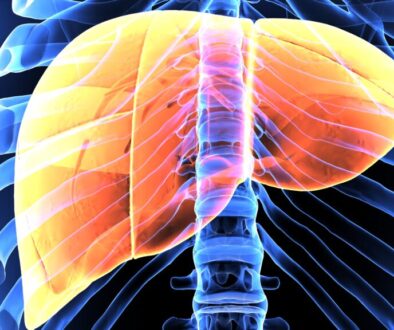Preparing for a Life Insurance Paramedical Exam & Labs

It’s often best to de-risk life insurance underwriting by taking advantage of exam and lab-free intelligent underwriting programs. Some applicants may even qualify for up to $135M of exam and lab-free life insurance through one or more executive underwriting programs.
If an insurance paramedical exam, labs, or an EKG cannot be avoided, educate your clients on what they can do to optimize results. Minor inconveniences leading up to the exam can lower premiums significantly.
Consider scheduling the exam for a Thursday morning, before the consumption of food, coffee, tea, or soda – and that early start to the weekend! For best possible exam outcomes, discuss, email, or text the following tips when scheduling your clients’ insurance physical.
For a plain text copy of the recommendations below, you can download an editable Microsoft Word document.
2- 3 Days Prior to the Exam
- Minimize alcohol consumption
- Don’t eat everything bagels or anything else with poppy seeds or betel (areca) nuts
- Eliminate or decrease the use of tobacco products
- Avoid extreme exercise and strenuous activities
- Minimize foods high in salt and fats
- Take all medications as prescribed, follow your doctors orders
- Get plenty of restful sleep
24 Hours Prior to the Exam
- Don’t consume alcohol
- Avoid nasal decongestants, including sprays
- Avoid processed foods with high salt and fat content
- Minimize the consumption of sweets, drinks high in sugar
- Drink plenty of water throughout the day
- Avoid intimacy (decreases risk of abnormal lab findings)
- No extra strenuous workout (no heavy weights, marathons)
- Arrange for a restful night prior to a morning fasting exam
Very Important: If, just prior to the exam, you feel sick, are dehydrated, or experienced a stressful event, call the examiner to reschedule.
Final Hour Before the Exam
- Void bladder, then drink 1 – 2 glasses of water
- Avoid any form of tobacco to lower blood pressure
- Make yourself comfortable; relax
Tips to Speed up the Examiner’s Visit
- Have a picture ID handy (Valid Driver’s License)
- Have a list of all prescription medications, dosage, how often they are taken, time last taken
- Provide name, address, and phone numbers for all doctors and other health care providers seen in past 5 years; recall what you saw them for
- Disclose prescription and non-prescription medications taken in the hours and days prior to the exam; they can explain certain odd lab results
- If you use tobacco products or marijuana, disclose the type and the date and time last used
- After the exam, before signing the paperwork, confirm height/weight, blood pressure, birthdate etc. were properly recorded by the examiner.



